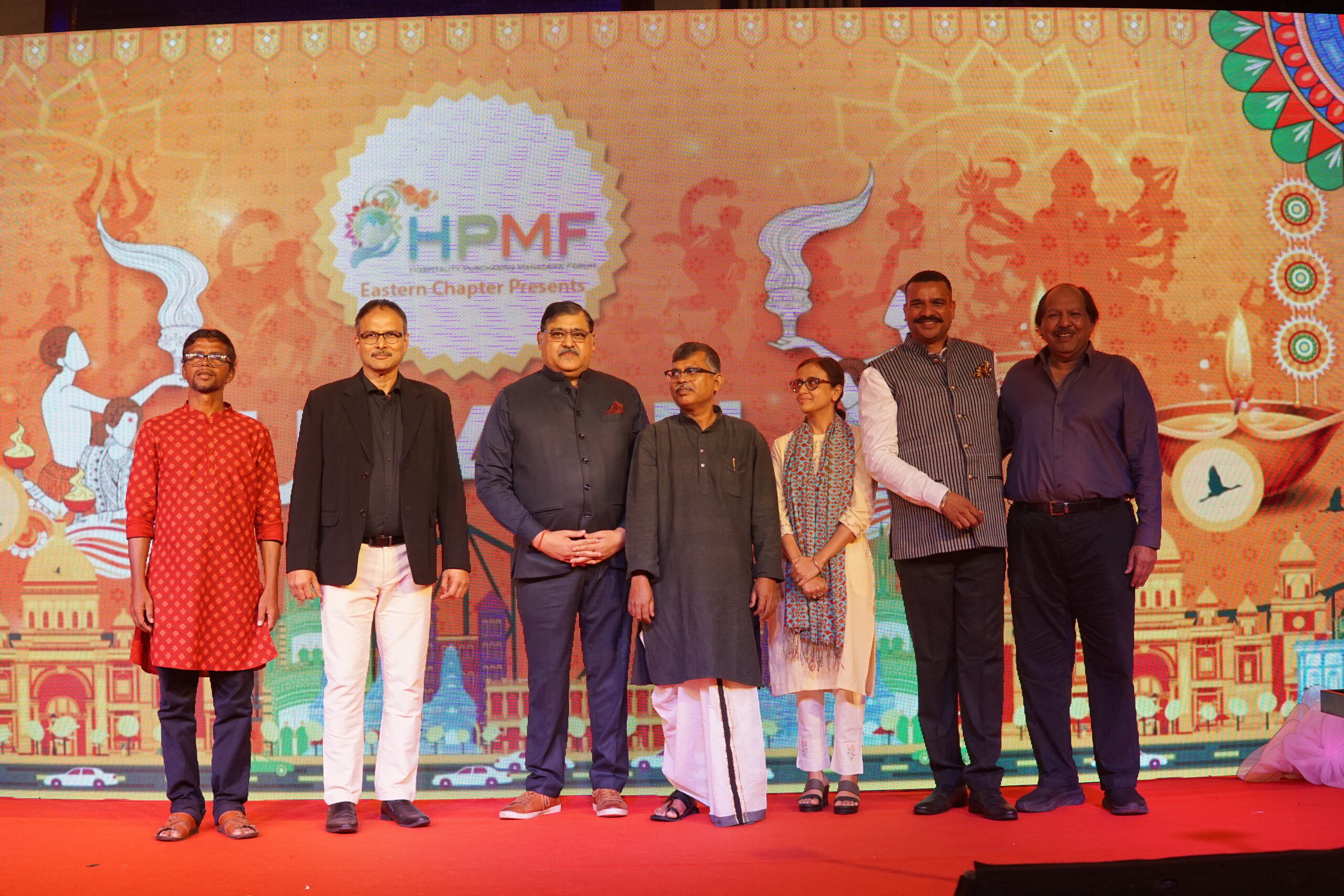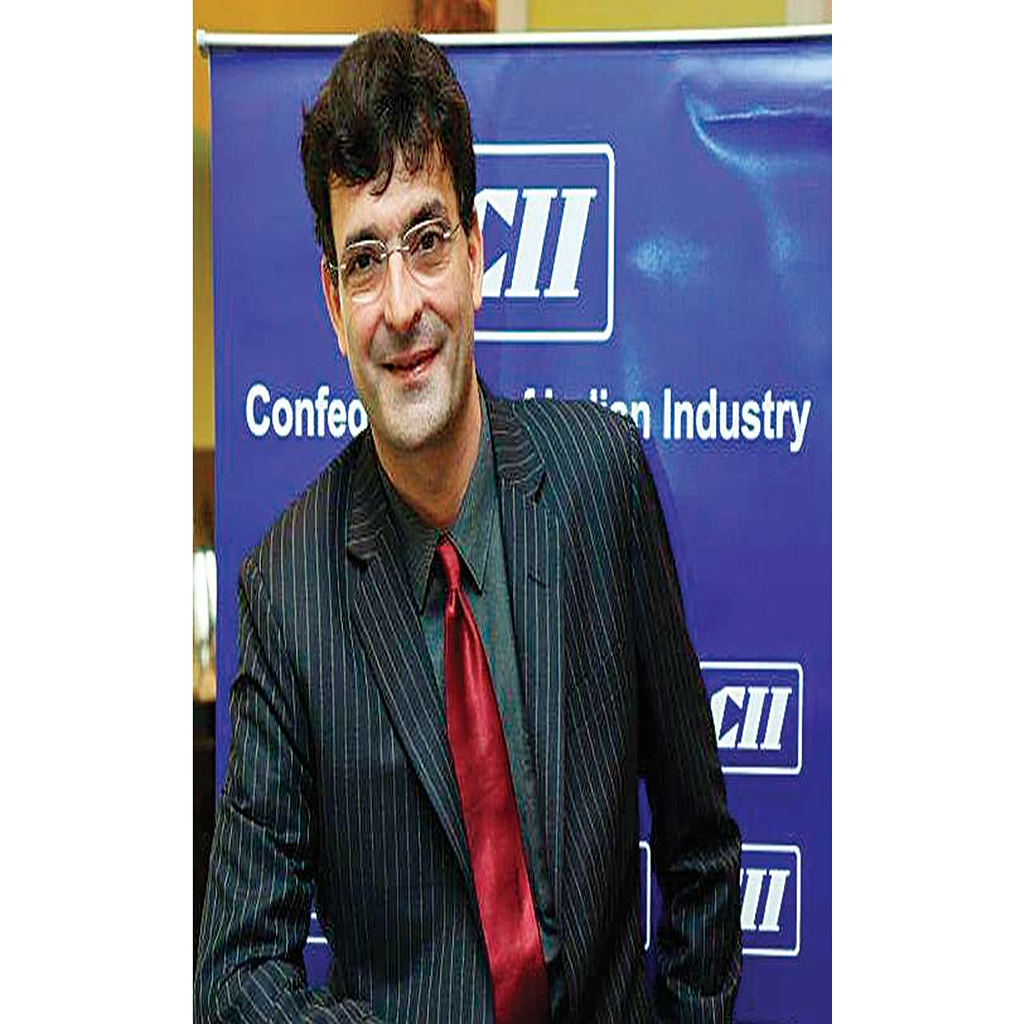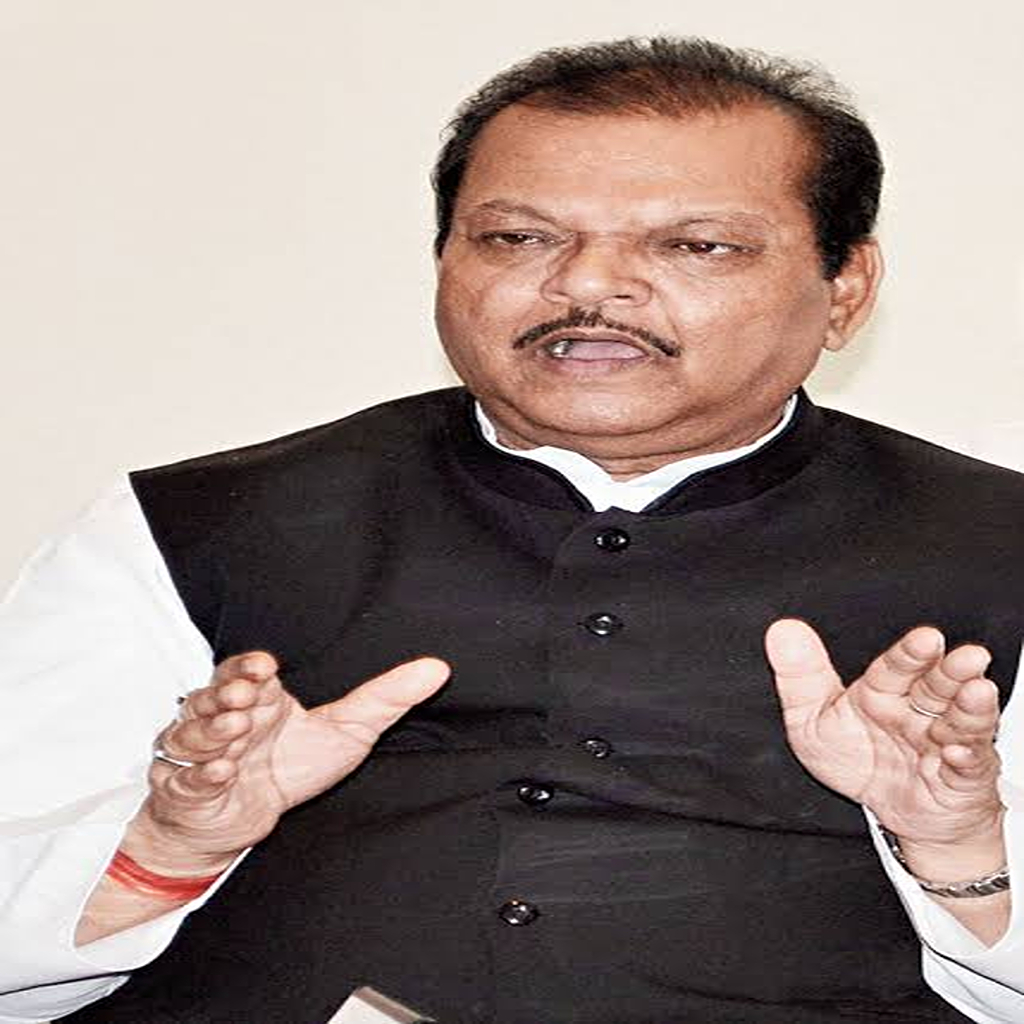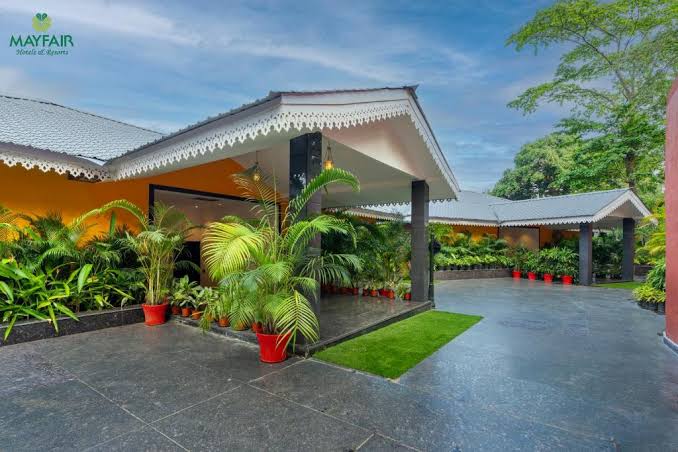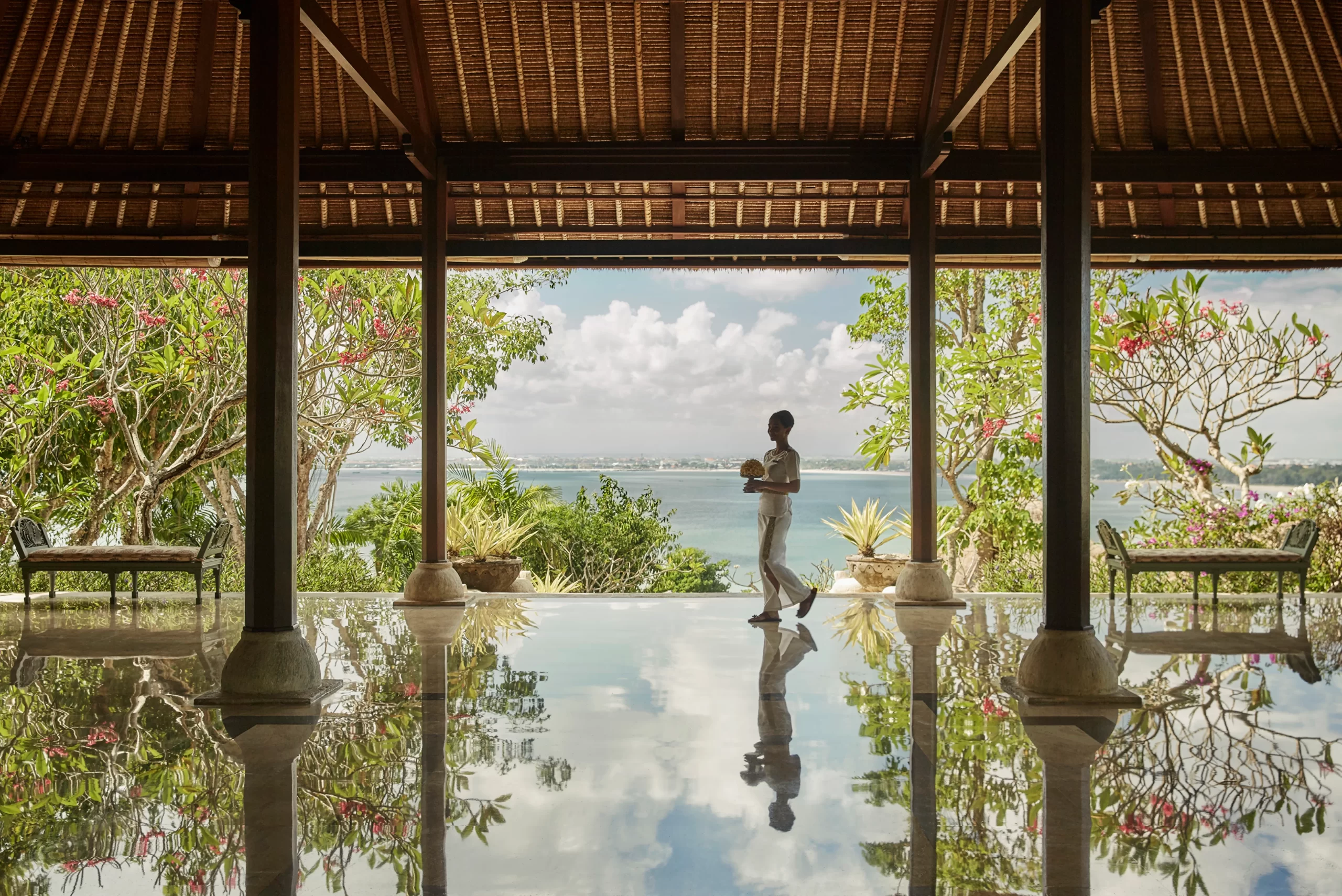
In recent years, India has witnessed a remarkable surge in the realm of luxury hospitality. As the country’s economy has flourished and the middle class has expanded, a growing number of affluent individuals and discerning travellers are seeking unparalleled experiences and opulent accommodations. This has led to the emergence of a new era in Indian hospitality, where luxury hotels and resorts are redefining extravagance. From iconic palaces transformed into exclusive retreats to futuristic high-rise properties offering unmatched amenities, the rise of ultra-luxury hospitality in India reflects the nation’s growing stature as a global destination for indulgence and refined luxury. With its rich heritage, diverse landscapes, and world-class service, India is captivating the hearts of the elite, setting new standards for lavishness in the hospitality industry. Asmita Mukherjee spoke with the industry experts to understand the rising demand of the segment.
Definition of Luxury in Hospitality
In the ever-changing landscape of the hospitality industry, the definition of luxury has undergone a profound transformation, shaped by the preferences and expectations of a new generation of consumers.
Luxury in hospitality today is an amalgamation of experiential stays, wellness and mindfulness, and the influence of digital platforms. Guests now seek unique and immersive experiences that align with their personal preferences and interests.

According to Rohit Bajpai, General Manager of Sheraton Grand Palace Indore, luxury in hospitality goes beyond mere opulence. It now encompasses experiential, personalized, technology-driven, sustainable, and socially conscious elements that create meaningful connections with guests and convey a genuine sense of care.
Bajpai highlights that the integration of wellness into luxury hospitality allows guests to indulge in experiences that prioritize their well-being, going beyond superficial indulgence.
“One area that has gained significant attention is wellness. The focus on health and well-being has led hotels to incorporate wellness facilities into their offerings,” he added. “Another key factor influencing the evolving definition of luxury is the shifting consumption and spending patterns of the younger generation. Luxury is no longer solely about showcasing social status but also about creating exclusivity and unique experiences. Younger consumers seek out destinations that offer luxurious accommodations and activities, providing them with an opportunity to elevate their social standing and create lasting memories. Digitalization has also played a pivotal role in shaping the modern luxury landscape.”

Akhil Arora, CEO of Espire Hospitality Group, emphasises that younger travellers value experiences and authenticity over traditional notions of luxury. “People have become quite aware of their wellness and more so holistic wellness. They want to escape the polluted cities and go to a destination with clean air, good food and an amazing spa. They are not only seeking a spa getaway in solitude but also physical and mental activities that gives them a complete wellbeing experience,” Arora said.
Factors Driving Growing Demand
The surge in demand for ultra-luxury experiences, particularly in the premium category, can be attributed to several factors that contribute to their exclusivity and desirability, according to Bajpai. “In today’s society, individuals are increasingly inclined to showcase their elevated social status and affluence, using luxury experiences as a symbol of distinction. The desire to pursue exceptional and opulent encounters that set individuals apart and solidify their position in society has fuelled the growing demand for exclusive and limited-access experiences.
One significant factor contributing to this trend is the rise in disposable income among individuals. With greater financial resources, individuals are empowered to indulge in luxurious offerings that were once considered out of reach.
Also, premium hotels have emerged as the epitome of extravagance and sophistication, attracting discerning individuals who actively seek opportunities to create unique and personalized memories. Renowned for their meticulous attention to detail and bespoke offerings, these hotels curate exceptional moments that go beyond expectations. The unparalleled levels of service, exquisite amenities, and sophisticated ambiance provided by premium hotels ensure that guests feel valued and cherished throughout their stay.
As a premium hotel, Sheraton Grand Palace Indore recognises the importance of catering to the growing demand for exclusive and limited-access experiences,” he added.
According to Akhil Arora, CEO of Espire Hospitality Group, the rising demand for ultra-luxury experiences can also be attributed to the increasing desire for exclusivity instead of regular luxury. “Since the spending power of people is increasing, it is becoming easy to afford the usual luxury like branded accessories and therefore people are now seeking exclusivity instead of regular luxury. They want to invest in experiences that leave everlasting memories,” he stated.
Importance of Skillset
In a fiercely competitive and ever-evolving era, the luxury hospitality industry is witnessing a shift in skill requirements. According to Bajpai, hotels no longer rely solely on basic stay and dining experiences. To stay ahead of the competition and provide exceptional service, the industry needs individuals with innovative and out-of-the-box thinking.
“The hospitality industry has always faced challenges, and the recent pandemic further highlighted the importance of creative thinkers. During turbulent times, individuals who can think innovatively and adapt quickly play a crucial role in helping hotels and travel businesses navigate the storm and emerge stronger. However, innovation is not limited to extraordinary circumstances—it is a constant necessity in this dynamic industry. Innovation enables brands to continuously improve their offerings and stay ahead of evolving customer preferences and industry trends. It is the ability to generate fresh ideas and effectively implement them that sets a brand apart. Innovative thinkers possess the capacity to identify untapped market segments, create unique experiences, and introduce cutting-edge technologies that elevate the guest experience to new heights.”
Bajpai believes in the power of innovation to drive success in the hospitality industry. He emphasizes the importance of cultivating an environment that encourages the free flow of ideas, values creativity, and empowers the team to take calculated risks. By doing so, the potential for groundbreaking concepts and exceptional guest experiences can be unlocked.
According to Arora, hospitality professionals need strong interpersonal and communication skills, cultural and emotional intelligence, creativity, problem-solving abilities, knowledge and expertise, technological savviness, flexibility, and a commitment to continuous learning. “As, these skills enable them to build relationships, understand diverse cultures, offer unique solutions, utilize technology, adapt to changing demands, and provide exceptional service for discerning guests.”
Future of luxury hospitality
According to industry experts, the future of luxury hospitality in the Indian market is filled with immense promise, driven by various factors that shape the evolving preferences of affluent travellers. Arora emphasises the need for luxury brands to cater to the changing demands of an expanding affluent consumer base and the increasing domestic travel. “Demand for authentic experiences and the rise of boutique and heritage properties present unique market niches. Technology integration, sustainability, and wellness focus are important considerations. Challenges include infrastructure development, skill development and a competitive market. By capitalising on opportunities and addressing challenges, luxury hospitality brands can thrive in India’s evolving market,” he concluded.
asmita.mukherjee@saffronsynergies.in

